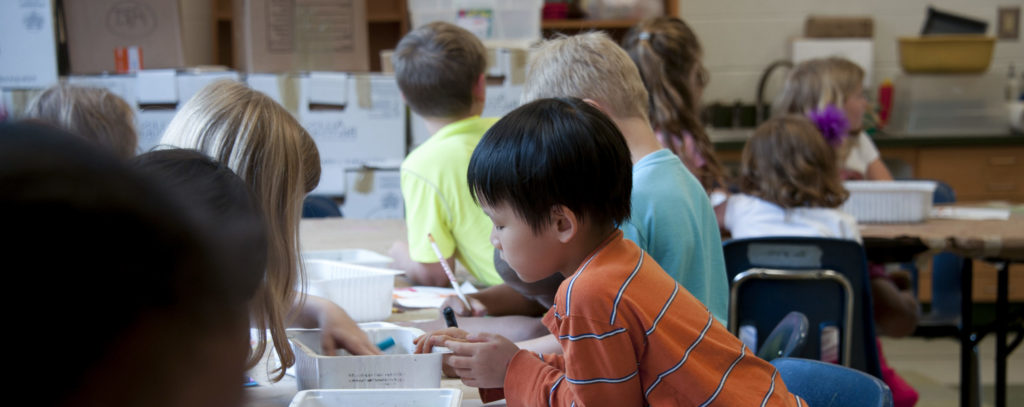SERA Research Projects & Studies

SERA research will be as open and transparent as feasible; we will aim to pre-register, share data, and provide open access to our work whenever possible.
SERA2: Identifying Generalization Boundaries

This study will estimate generalizability boundaries of repeated reading on reading fluency for students with learning disabilities through a series of integrated conceptual replication studies that systematically test sources of effect variation. Generalizability boundaries describe the conditions under which intervention effects are expected to replicate across variations in student learner characteristics, instructional settings and conditions, intervention configurations, and outcomes. Without knowledge of generalizability boundaries, the degree to which intervention effects can be extrapolated to learners, settings and conditions, intervention configurations, and outcomes that are not directly observed is unknown.
This study is currently in planning. Research partners who are participating in this study will be able to access study resources and materials once ready.
This research is supported by the Institute of Education Sciences, U.S. Department of Education, through Grant R324U230001 to University of Virginia. The opinions expressed are those of the authors and do not represent views of the Institute or the U.S. Department of Education.
Crowdsource Science: Science Education Instruction for Elementary Students with Learning Disabilities

This study will provide a foundational understanding of the science education provided to elementary students with learning disabilities and how varying instructional approaches and supports affect meaningful engagement and achievement. Findings generated by this project will provide a snapshot of the current enacted science activities and opportunities for elementary students with learning disabilities. This study will also inform both the science education and special education communities on how best to structure science education for students with learning disabilities within typical elementary science classrooms.
This study is currently in progress. Research partners who are participating in this study will be able to access study resources and materials once ready.
This research is supported by the U.S. National Science Foundation, through Award Number 2201464 to University of Virginia. The opinions expressed are those of the authors and do not represent views of the Institute or the U.S. Department of Education.
SERA Pilot Study: Science Instruction for Students with Disabilities

The purpose of this study is to conceptually replicate the findings of the Scruggs, Mastropieri, and Sullivan (1994) study with students with high-incidence disabilities (i.e., learning disabilities, emotional and behavior disabilities, ADHD, mild intellectual disabilities, and autism spectrum disorder without comorbid intellectual disabilities). The study evaluates the effectiveness of elaborative interrogation as a means of promoting relational thinking. Student outcomes are compared across two conditions: student-generated explanation and a control. The goal of the replication study is to examine whether findings of Scruggs and colleagues replicate in a larger sample of students with high-incidence disabilities, which will provide important information regarding how these populations acquire and apply information.
This study has been completed. All resources and materials will be shared following data analysis.
This research is supported by the Institute of Education Sciences, U.S. Department of Education, through Grant R324U190001 to University of Virginia. The opinions expressed are those of the authors and do not represent views of the Institute or the U.S. Department of Education.
